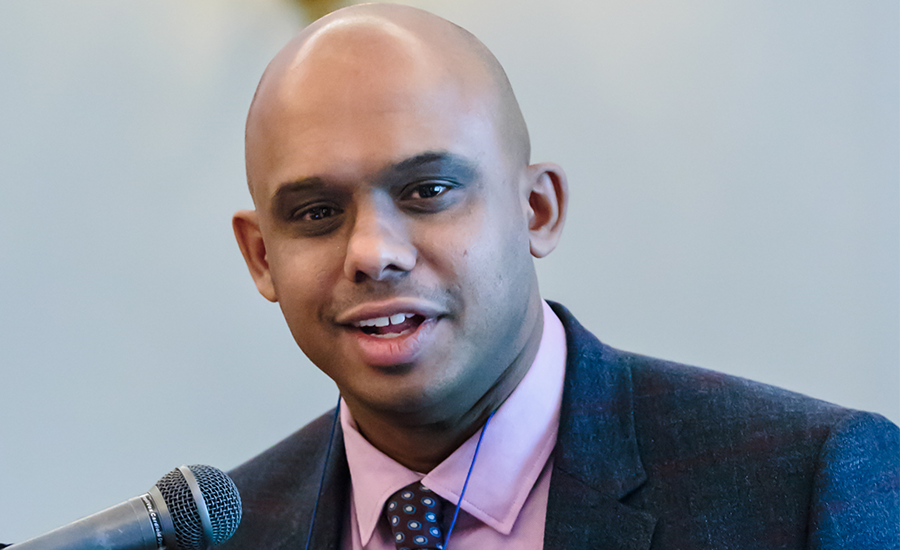Academic Motivation and Lifelong Learning
Lifelong learning (LLL) is an essential component to developing future learners who are responsive to the rapidly changing healthcare system. Further, the emergence of competency-based medical education (CBME) has also resulted in greater emphasis on LLL as learners are expected to direct their own educational processes in this learner-centered training model. Central to developing “master learners” for future practice is the concept of motivation. Given the limited literature on motivation for LLL, Drs. Sockalingam, Wiljer, Yufe, Knox, Fefergard, Silver, Harris and Tekian explored the relationship between LLL and academic motivation across the training continuum, specifically from graduate medical education to professional practice in this mixed methods research study in their recent paper: Understanding the relationship between academic motivation and lifelong learning from residency into practice: a mixed methods study of learners in Psychiatry.
In Phase 1 (quantitative) of the study, they administered a questionnaire to Year 1 to Year 5 Psychiatry residents at the University of Toronto (n=175) to assess orientation to LLL and motivation to learn using the Jefferson Lifelong Learning Scale (JLLS) and the Academic Motivation Scale, respectively. Pearson correlations and Mann-Whitney U tests were used to compare JLLS and AMS scores. In Phase 2 (qualitative) of this study, they conducted 7 structured interviews and 6 focus groups of junior residents, senior residents, early career psychiatrists and educators to further understand our Phase 1 results. Data was analyzed with an iterative, inductive method of constant comparative analysis associated with grounded theory.
105 trainees (61%) participated in Phase 1 and 32 individuals participated in Phase 2 of the study. Participants’ orientation to LLL was correlated positively with relative autonomy motivation (intrinsic motivation) scores (r=0.39, p<0.001) and all three intrinsic motivation sub-domains. There was no significant difference in LLL or motivation scores based on respondents’ training year, gender, or age. Research training stream residents had significantly higher orientation to LLL than non-research stream residents. Phase 2 qualitative data identified several themes motivating learners to engage in LLL including autonomous motivation, viewing LLL as a professional responsibility, and delivering high quality care and patient safety.
This study supports the association between intrinsic academic motivation and orientation to LLL in Psychiatry trainees. Engagement in research during residency was associated with increased LLL. Our qualitative data identified specific factors supporting LLL in residency and in practice in addition to core motivation themes. Motivation themes extended across the learner continuum and reinforced intrinsic motivation as a key driver for LLL both in residency and early in practice. Learning motivation changes through residency training and into the early stages of independent practice. Understanding these motivation changes helps inform the development of LLL skills across the learner continuum. In the era competency-based education, our study results reinforce the need to develop curricula and use clinical teaching approaches that cultivate intrinsic motivation in residency and foster LLL in practice.
Dr. Sanjeev Sockalingham was the 2016 Fox Award Recipient for his outstanding presentation of this study at the 2016 World Congress of Continuing Professional Development in San Diego, California. This study was also selected as one of the Future of Medical Education in Canada CPD (FMEC-CPD) projects. Phase 1 was published in Academic Medicine: https://www.ncbi.nlm.nih.gov/pubmed/27306971

